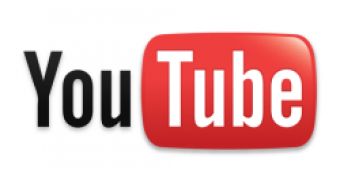YouTube, and any other video website for that matter, may be facing a grim future in Italy as the country has passed new rules that would treat online video services just like TV stations and would make them responsible for all the content, even user generated one. Such rules would be next to impossible for YouTube and others to follow leaving them with few alternatives other than simply prevent access for Italian users.
According to a report from the Italian newspaper, La Repubblica, the Italian Communications Authority introduced two new resolutions that relate to video websites based on user-generated content.
Effectively, they will be treated like TV stations since it is claimed that they have editorial control over the content on the sites, despite it coming from users.
Because YouTube does remove some videos and sometimes promotes others, even if part of automated lists based on popularity, it is exercising editorial control therefore it should not be treated any different than TV stations, the logic goes.
In practical terms this would mean several things, many of which go against the very nature of the sites, or the internet for that matter. For example, TV stations are prevented from running content which may be inappropriate for children during certain hours.
They also have to air corrections to any story within 48 hours if accused of lible. These rules would apply to YouTube, Dailymotion, which is very popular in Europe, Vimeo and so on.
But the biggest issue is over the liability the video sites would have over the content posted there. This could be used to hold them legally responsible for any video that gets uploaded.
Italy already has a history of moving in this direction. Three Google execs were found criminally liable for a video uploaded to the site by Italian students.
That ruling is being appealed by Google, but it does show that the courts are more than willing to go against video sites. The fact that these same sites compete with Prime Minister Silvio Berlusconi's Mediaset, the largest private broadcaster in the country, may be more than just a coincidence.
If the new rules do get enforced, and there is every indication that they will, YouTube would not be able to operate in the country. The matter is far from over, Google and other video sites are still waiting to see what happens and what this actually means.

 14 DAY TRIAL //
14 DAY TRIAL //